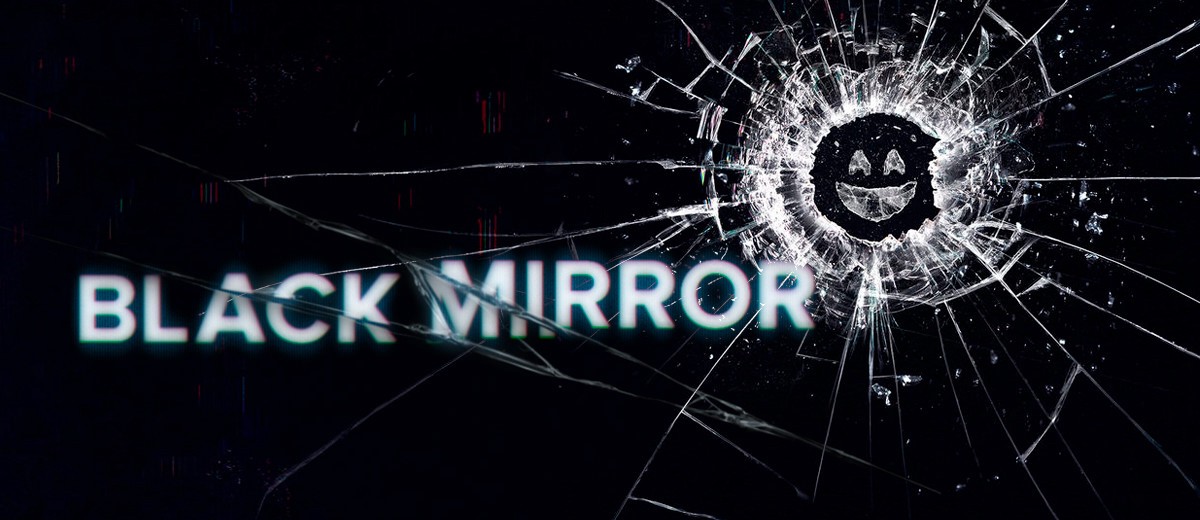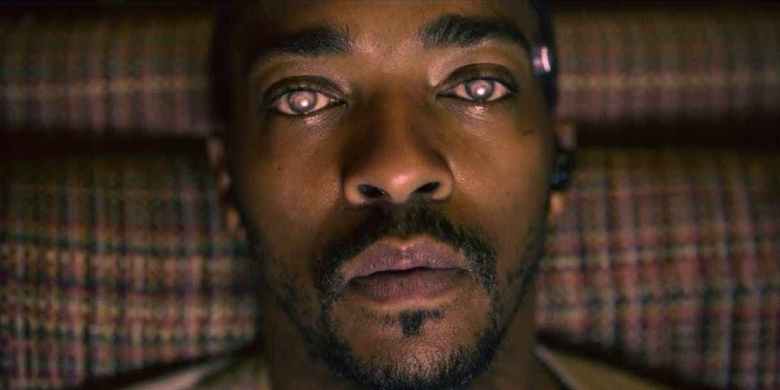
Black mirror is a Netflix TV series that is known for it’s dark and twisted representation of future technology. Set in 2030 and beyond, some plot points from across the series include putting mind control chips into the minds’ of the US military, implanting memory recording devices to solve crimes, wearing a headpiece to feel the pain of others’, and many other weirder and darker scenarios. Personally, I think the show is fantastic. It continuously juxtaposes human emotion in well developed characters with the cold, unfeeling and increasingly robot driven world. The emotional brutality in the plot of each episode is what bonds the viewer to this show. The pain and horror that is unveiled through addictions or misuse of radical technology makes for an incredibly engaging yet sometimes difficult watch.

Despite the outlandish gadgets and hype tech that Black Mirror boasts, it is a quite realistic show in the sense that the characters and emotion are comparable to that of the real world. Publicly, there is a tremendous amount of fear regarding any new technology, which I’ve gone into in other blog posts. Black Mirror presents the audience with a hypothetically real world problem, that COULD exist if we had the fantastic tech inventions that exist in the Black Mirror Universe (which, unfortunately, we don’t). In reality right now there are genuinely scary problems regarding tech, especially if there is misuse involved. Data breaches, identity theft, internet scams, etc. are all problems that didn’t used to exist, and now that they do in a widespread and widely-known way it creates a culture of fear. Black Mirror takes the conversation of “Humans versus robots” to the next level in an entirely believable way.
“Set in a future only minutes away from now”
Brain Pilot On Black Mirror
An Example
An episode that concentrates on VR takes place between two male friends who participate in a hyper-immersive combat VR video game. Transported into the bodies of cartoonishly fit and sexy Asians, the game itself became the least of their enjoyment as they discovered they could have sex and a secret life away from their wives, as long as they stay in the VR system. However, this provokes relationship problems in their real lives, questions of sexuality, physical form, connection and yes, plenty of fear. In this episode, Black Mirror preys upon the fear of viewers being addicted to their devices. Social media, World of Warcraft, Tinder, and Candy Crush, are all fun, fine things to do, but they are also are addictions in our actual reality. When watching this episode, it seems like a short walk from being addicted to your phone to getting stuck in VR. The fact that the problems represented in Black Mirror are rooted in actual life make them scary, in an important and though-provoking way. It is a show that reflects upon the darker parts of humanity… the same way a black mirror would. Watch this trailer to get a sense of the show:
If you are interested in futuristic technology and want to explore all the social, economic, health, and ethical problems of where the tech age can take us, I highly recommend this show.
